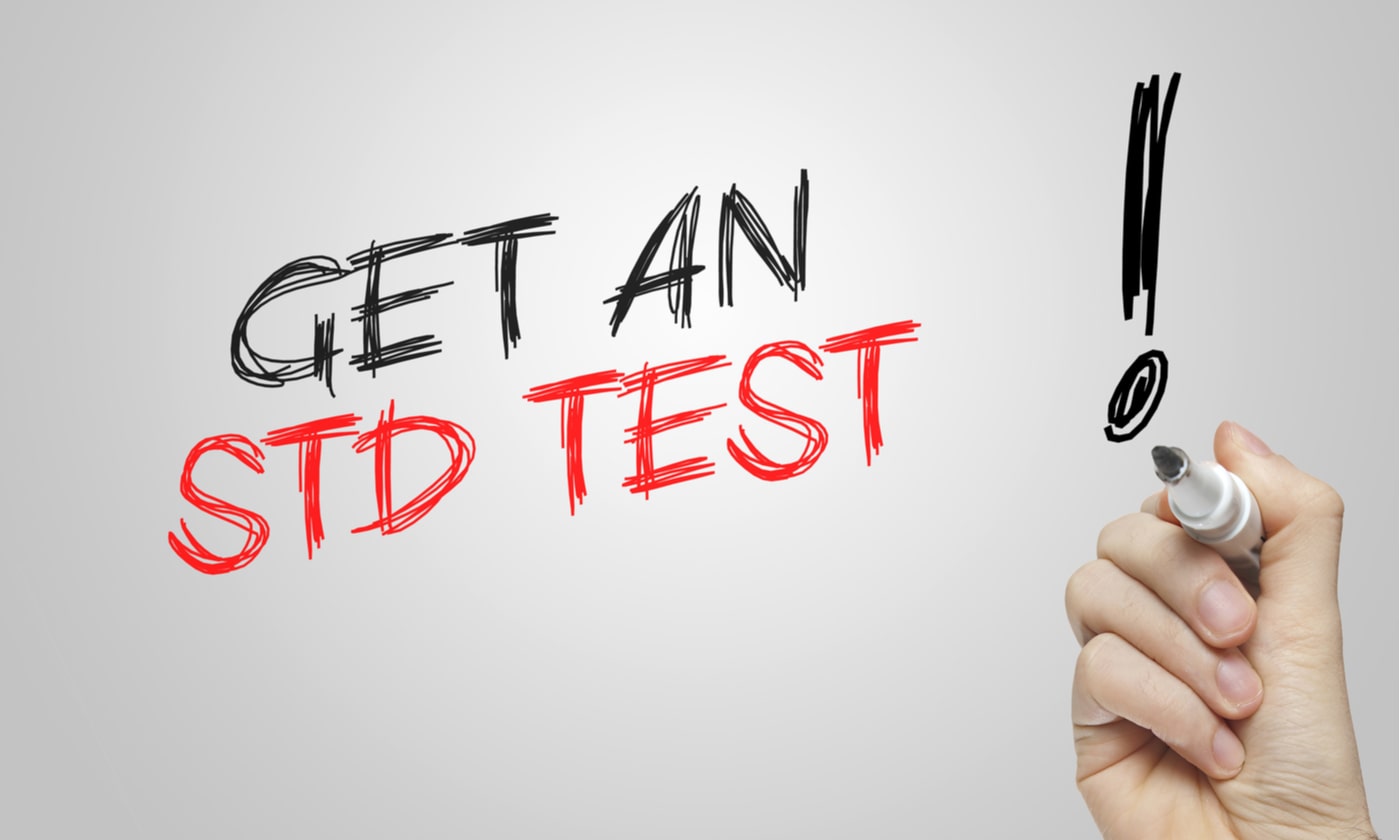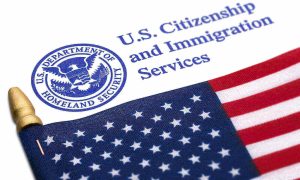There is no harm in taking an STD test shortly after a potential exposure. However, it is very likely that the test result will come back negative, even if you have been infected. This is because the molecules detected by laboratory assays must reach a specific level to actually be detectable.
This time between exposure and when a laboratory test can detect the infectious agent is called the window period.
Note: The window period differs from the incubation period, which is the time from exposure to the development of symptoms.
Window periods vary for different STDs and also for the laboratory test that is being used. We screen for chlamydia, gonorrhea, and trichomoniasis using nucleic acid amplification tests. The window period for these STDs is predicted to be around 5 days, but may be up to two weeks.
Our hepatitis B test detects the hepatitis B surface antigen (HBsAg) and antibodies to the hepatitis B core (anti-HBc), which can take 30 to 60 days to become detectable.
Antibodies to hepatitis C may be detected with our test as early as two weeks post-exposure, but are generally not detected until 8-11 weeks post-exposure, and can be longer in individuals that lack an adequate immune response.
We use a 4th generation test for HIV that can detect an HIV infection within 18 – 45 days, or sometimes as early as two weeks post-exposure. Individuals who have been potentially exposed to HIV should be tested immediately, and then tested again at six weeks, three months, and six months. In addition, if an individual is concerned about being exposed to HIV in the last 72 hours, they should be referred to a health care provider immediately for post-exposure prophylaxis (PEP) evaluation.
Syphilis can usually be detected with our laboratory assays around one month post-exposure but may take up to three months.



